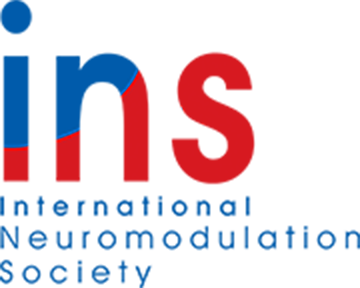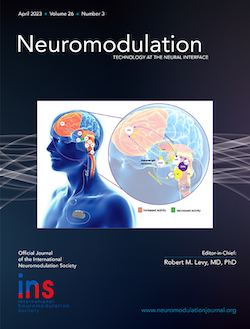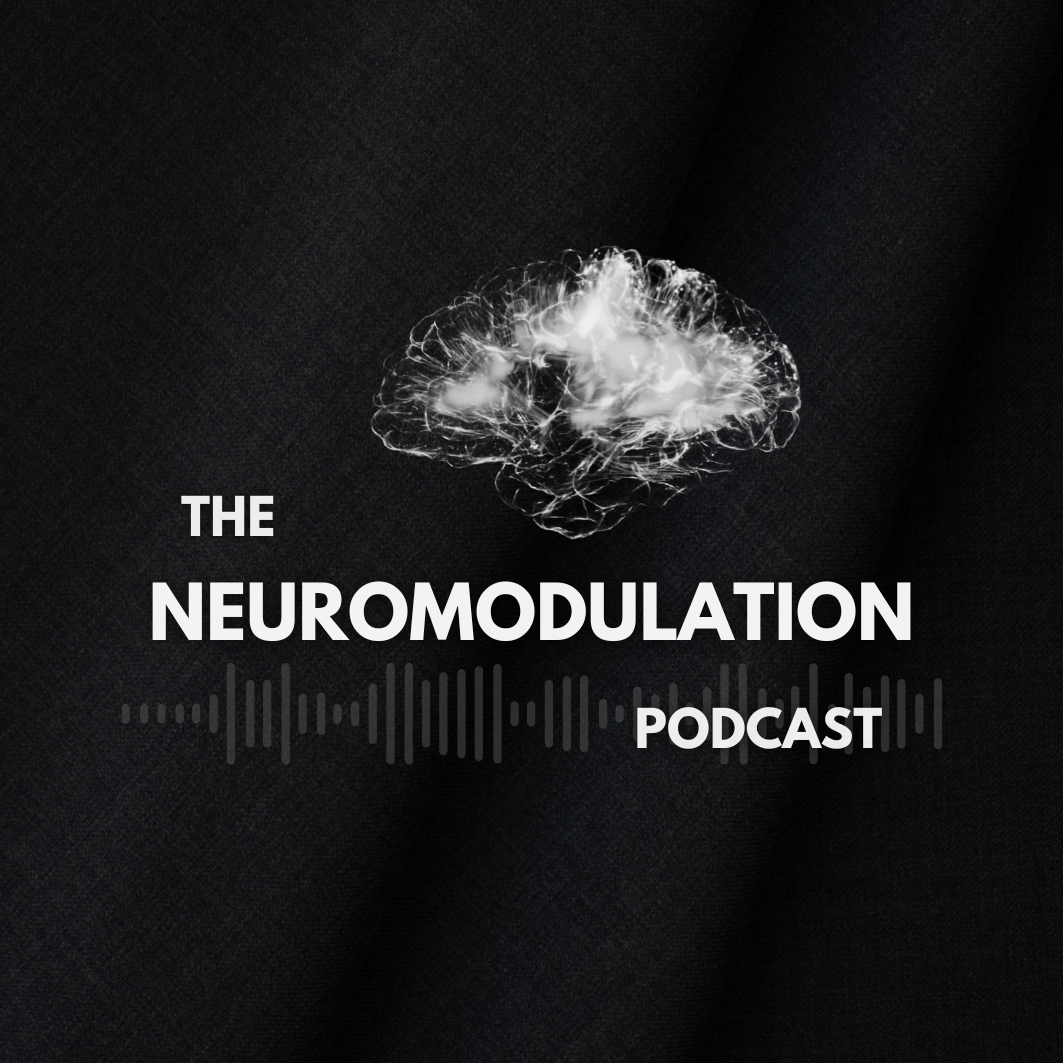The International Neuromodulation SocietyThe Fastest-Growing, Worldwide Multidisciplinary Body Devoted to Building Knowledge of NeuromodulationThe International Neuromodulation Society (INS) is a non-profit group of clinicians, scientists and engineers dedicated to the scientific development and awareness of neuromodulation – the alteration of nerve activity through targeted delivery of a stimulus, such as electrical stimulation or chemical agents, to specific neurological sites in the body. The San Francisco-based INS was formed in 1989 and educates and promotes the field through meetings, its peer-reviewed journal Neuromodulation: Technology at the Neural Interface, mentorship, and chapter websites. The INS also provides information for patients and produces rolling news briefs about this rapidly evolving field. Donate TodayThe INS Peer-Reviewed JournalThe INS journal Neuromodulation: Technology at the Neural Interface has a growing Impact Factor and is indexed in Index Medicus, MEDLINE and Pubmed from its first issue in 1998. Members may log in to the members-only section to read the journal online. The journal also has social media accounts on Twitter, Facebook, and Instagram.
The Neuromodulation Podcast has been developed for our membership to dive into the forefront of today's emerging neuromodulation techniques, insights, and ethical and clinical applications. Join the multidisciplinary collaboration of medical care providers, scientists, and engineers who are part of the global conversation that's shaping the future of healthcare. Subscribe now wherever you get your podcasts. What is Neuromodulation?Medical Professionals can learn about various considerations concerning neuromodulation and clinic contacts. Once your preliminary questions have been answered, please use the Contact Us facility to find out more and to discuss specific objectives. Others may simply wish to join the INS and one of its related chapter societies, please use the Membership Application. Clinical trials that involve a wide range of emerging neuromodulation approaches are listed on our Research page. Neuromodulation clinical trials address symptom control through nerve stimulation in such condition categories as:
Breaking NewsNon-Invasive Brain Stimulation Improves Math Learning in Young Adults July 1, 2025 - New research from the University of Surrey shows that non-invasive brain stimulation using transcranial random noise stimulation (tRNS) to the dorsolateral prefrontal cortex (dlPFC) can enhance math learning in young adults with lower natural brain connectivity. The study found that improved learning was linked to lower GABA levels, suggesting this method could help reduce math learning gaps. (Source: Neuroscience News) Personalized Brain Stimulation Settings Improve Gait in Parkinson’s Patients June 18, 2025 - A team of researchers from the University of California San Francisco have developed a personalized, data-driven approach to optimize deep brain stimulation (DBS) settings for improving gait in Parkinson’s disease patients. Utilizing a Walking Performance Index and machine learning models, the study identified individualized stimulation parameters that enhanced gait and uncovered neurophysiological biomarkers associated with better mobility. (Source: Springer Nature) New BCI Restores Real-Time Speech for ALS Patient June 11, 2025 - Researchers at UC Davis have developed a brain-computer interface that enables real-time voice synthesis by translating brain activity into speech, allowing individuals with neurological conditions like amyotrophic lateral sclerosis (ALS) engage in a natural conversation. In a study published in Nature, the researchers showcase how the technology enabled a participant with ALS to communicate in real time, change intonation and sing simple melodies. (Source: UC Davis Health)
June 2, 2025 - A new study shows that transcutaneous vagus nerve stimulation (taVNS) reduces appetite, weight gain, and blood glucose levels in the context of a high-fat diet. As part of the study, researchers identified an orexin-dependent neural circuit as a key pathway, highlighting taVNS as a potential non-invasive treatment for obesity and diabetes. (Source: Nature) Brain-Computer Interface Aids Stroke Recovery and Shows Neuroplastic Effects June 2, 2025 - A randomized controlled trial found that stroke patients using a brain-computer interface (BCI) system with robotic hand feedback showed improved upper limb function and signs of neuroplasticity compared to a control group. While some neurophysiological differences were not statistically significant, the study highlights the potential of closed-loop BCI interventions to enhance motor recovery through ipsilesional cortical activation. (Source: Frontiers) Clinical Study Shows Promise for VNS-Enhanced PTSD Treatment May 6, 2025 - A pioneering clinical trial led by UT Dallas and Baylor University Medical Center found that pairing vagus nerve stimulation (VNS) with prolonged exposure therapy eliminated PTSD diagnoses in all nine participants six months post-treatment. The study suggests VNS may enhance therapy outcomes by boosting neuroplasticity and sustaining remission. A Phase 2 trial is currently underway to validate the findings. (Source: Neuroscience News) To see select neuromodulation news by category, as well as news about the INS in particular, please visit the Newsroom. To see archived news briefs dating back to January 2011, visit the News Archive. Continue Reading News Briefs |


